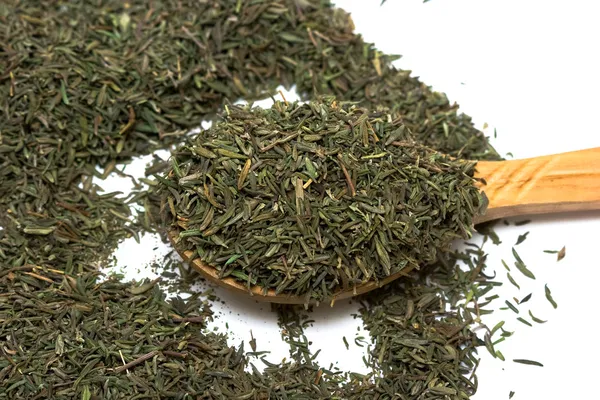If you go to parties or clubs often, you must have come across shisha before. It consists of one or two hose pipes linked to a small pot. The hosepipe has an end with a mouthpiece which is sucked on for a bit before the person exhales smoke from their mouth.
For many people, shisha, otherwise known as hookah, is an important feature when they are having fun or at a party with friends. It enjoys such a status because many people regard it as harmless to the health, but is it truly so? This article discusses the adverse health effects of smoking shisha.
Shisha is culturally significant to the people of the Middle East and Asia where it was enjoyed for centuries before. It consists of two parts. There is a water pot, which is at the bottom. At the top is a small bowl where tobacco is placed and covered with aluminum foil, while hot coal is placed on it, which would help to heat it. The hose is connected to the water pot to enable the water to filter the smoke from the tobacco above.
A lot of people who smoke shisha do not know what is inside. For many, it contains nothing except hot water, which makes it perfectly safe for inhaling. But this is very far from the truth. Shisha is far from harmless and is even regarded as being more harmful than smoking normal cigarette sticks.
To understand how harmful shisha is, let us take a look at some of the things it contains. Just like cigarettes, shisha contains nicotine, tar, carbon monoxide, arsenic, lead, and other heavy metals. So with every puff of shisha smoke, you inhale all of these and more.
But it gets worse. Studies have shown that one hour of smoking shisha is comparable to inhaling the toxins from 100 cigarettes. What this means is that any health effect associated with smoking cigarettes is greatly magnified by smoking shisha.
Let us now look at some of the adverse health effects of smoking shisha.
It Increases The Risks Of Cancer
Perhaps the most noticeable adverse effect of smoking shisha is that it increases the risks of developing lung and throat cancer. This is due to the number of toxins that are sucked in with every inhalation from the hose.
Carbon monoxide and a lot of other carcinogens are inhaled in every typical shisha session. It does not matter whether the shisha contains tobacco or not. Numerous medical studies have linked cancer formation as one of the adverse health effects of smoking shisha.
It Increases The Risks Of Heart Problems
Another adverse effect of smoking shisha is that it increases the risks of heart problems. The toxins inhaled can find their way into the bloodstream and narrow the arteries, which can cause several heart problems including stroke, angina, or even a heart attack.
The carbon monoxide inhaled can also reduce the oxygen being supplied by the blood, causing the heart to work at an increased rate to supply the body with enough oxygen.

It Causes Lung Problems
Besides the risk of lung cancer, smoking shisha also damages the lungs and could cause other problems as well including bronchitis. Many young people who smoke shisha are likely to develop lung problems later in life.
It Leads To Nicotine Addiction
Nicotine is a very addictive substance that is present in tobacco. Frequently smoking shisha could lead to nicotine addiction, which could turn into a very serious problem.
It Would Hasten The Aging Process
Smoking tobacco causes the skin to try up as it limits the supply of oxygen. This process is sped up by smoking shisha which could lead to premature aging.
YOU SHOULD ALSO READ:
- What Are The Health Effects Of Eating Cannabis Edibles
- The Health Effects Of Seasoning Cubes You Should Know
- 5 Health Effects of Kerosene You Might Not Know
Collins Nwokolo is a human physiologist, writer and health enthusiast. He loves writing helpful articles on health and fitness, which he enjoys sharing with everyone.







